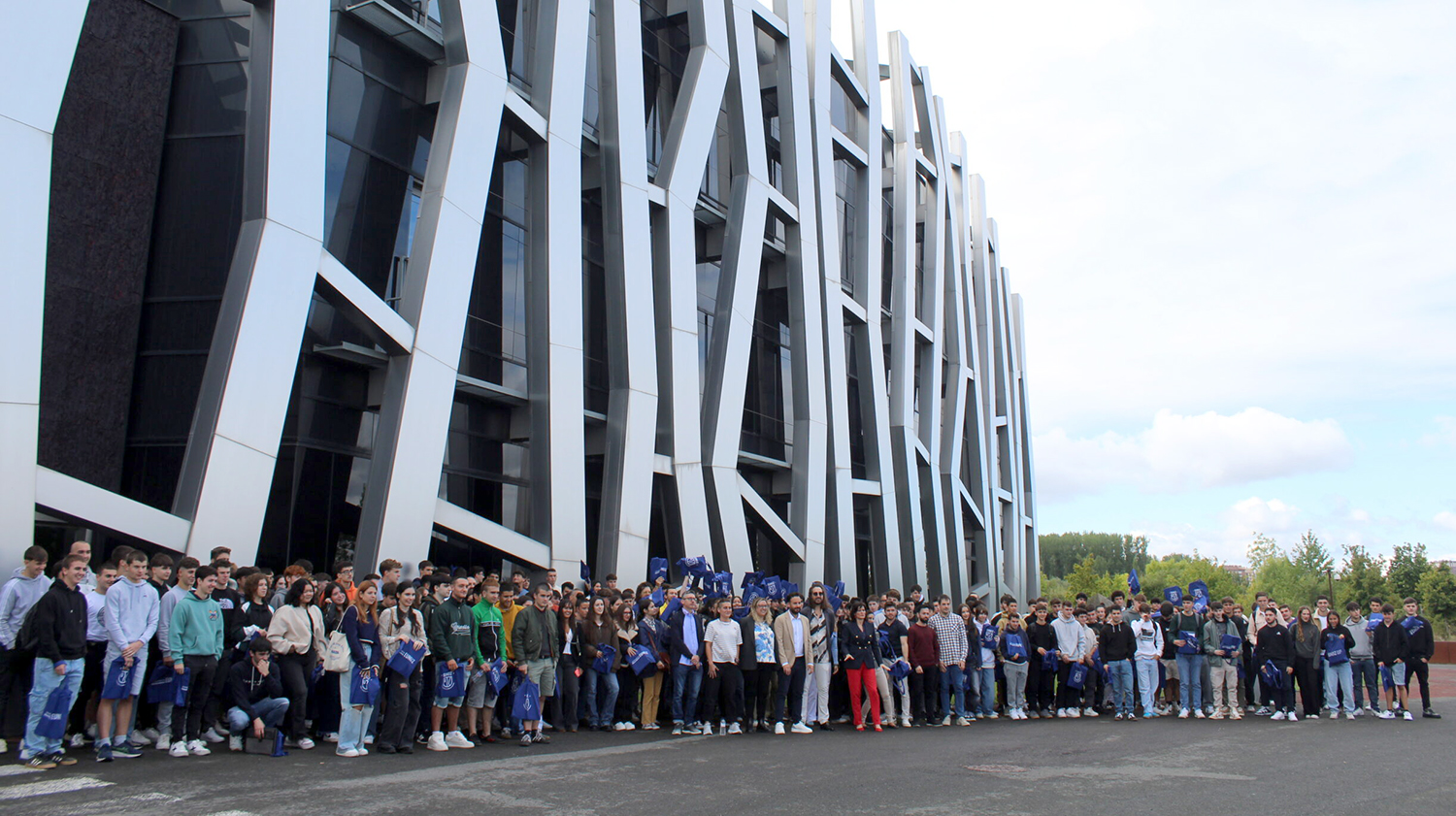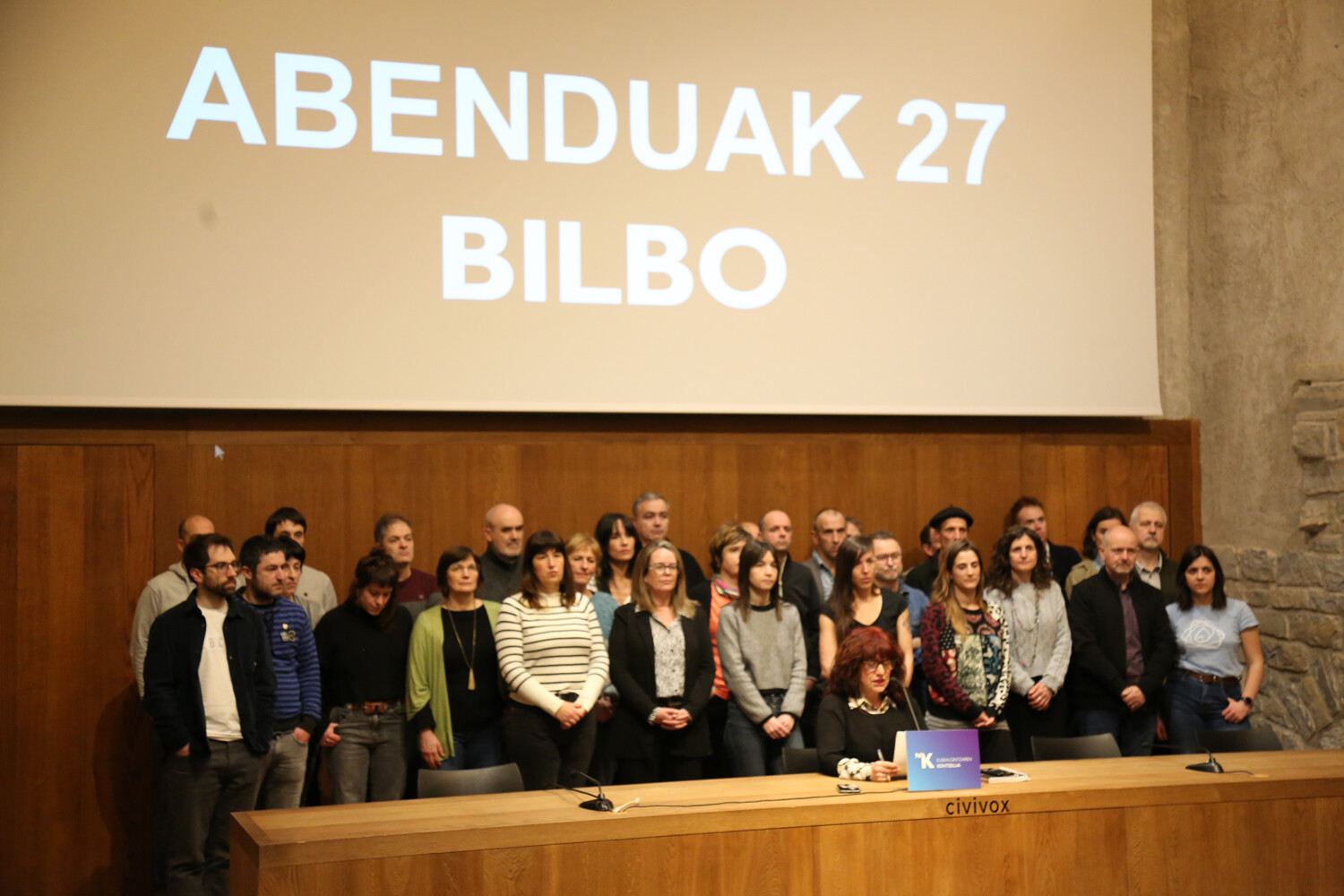Waiting for literary immigrants

What a thought it is that an attempt is the way to make the work of the Oriota known abroad. The novelist Lertxundi has more followers among us than the essayist Lertxundi. How many readers had the Experience papers had before the news of the award spread? Maybe one or more, up here. Our speakers are often affected by strawberries. We are in need of the opinion of strangers to know the measure of our worth.
We are occasionally disturbed by the small number of Basque readers. There are also news that come to refute our outbursts. For comparison, this is the initiative to simultaneously publish books in Basque that receive approval in the international market, launched jointly by Alberdania and Erein under the name of Juntos.
We have a few years to tell you how little the reception that turns translated works into Basque readers is. This supposedly mediocre response has not led to the rejection of the initiative to domesticate external works. The Department of Universal Literature, which the EIZIE brings to the forefront with the publishers Batu and Alberdania, is bringing to our attention the basic foreign library. Each of them is also pushing translations on their own. The constant work of the Frog, or what the Boatman does with more timid perseverance, is not to be forgotten at all.
International canons are, in most cases, works that have been venerated in some way, criticized in the past and in the present, and tested by readers from all over the world.
The section Unido is different and also different, last June, the Denonarte label was created by the Navarrese publishing house Cénlit. Both in one and the other, they want to revolutionize new and successful foreign works in Basque.
In our bookmaking, the times when betting was done blindly are long gone. These publishers wouldn't have thrown themselves into the pool without knowing if there was water inside. There is, therefore, a new type of reader, rare so far, which meets the requirements of assimilating translations of this kind: linguistic competence and lack of prejudice.
For the happiness of Basque bookmaking and Basque culture, the translations will finally have their place among us. The happy news, however, will be his reverse. Because the benefits will not be as good for our literary creativity.
We were competing with each other until now. Before we get here, we're gonna have to break up our market tiki cake with literary immigrants. The best will come out ahead. The rest of us will stay away. The Basque reader will escape from the (better) work of foreign writers. There are others who will fulfill your dreams and your nightclubs. The majority of Basque writers will soon be in front of those of the Erdal writer provinces who live in the same cities and neighborhoods as us. Without a reader, without a circuit and without a fair of simple but sure fame.
C’est la vie.
Linear A is a Minoan script used 4,800-4,500 years ago. Recently, in the famous Knossos Palace in Crete, a special ivory object has been discovered, which was probably used as a ceremonial scepter. The object has two inscriptions; one on the handle is shorter and, like most of... [+]
Londres, 1944. Dorothy izeneko emakume bati argazkiak atera zizkioten Waterloo zubian soldatze lanak egiten ari zela. Dorothyri buruz izena beste daturik ez daukagu, baina duela hamar urte arte hori ere ez genekien. Argazki sorta 2015ean topatu zuen Christine Wall... [+]
Gozamen aparta bezain deskribatzeko zaila dakar, norbaiten hitzak irakurri edo entzun ostean, zera pentsatzeak: “Horixe zen neu aurreko hartan azaltzen saiatu nintzena!”. Idazlea eta itzultzailea da María Reimóndez, eta galegoz aritzen da, hizkuntza... [+]
Segurtasun falta dagoen irudipena handitu dela azaldu du Eustaten azken txostenak. Gurean, Trapagaranen, Segurtasuna orain, delinkuenteen aurka manifestaziora deitu dute herritar batzuek.
Bi izan dira sentsazio hori zabaltzeko arrazoiak. Batetik, udalak Udaltzaingoaren... [+]

























